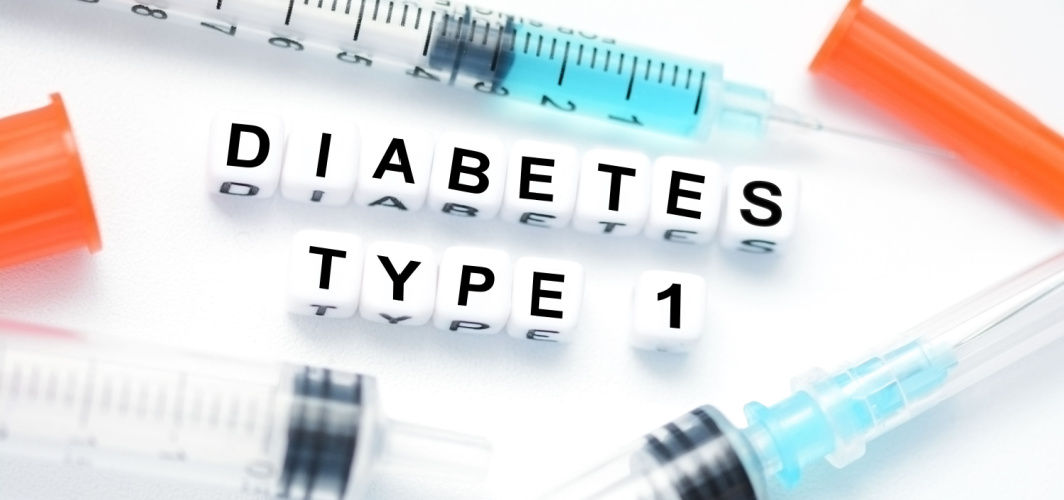Diabetes Management
Hand Hygiene - Importance of for diabetics?
2 min read
By Apollo 24|7, Published on - 27 August 2024
Share this article
0
0 like
.jpg?tr=q-80)
Living with diabetes requires a certain level of vigilance - from watching your diet, regular exercise to monitoring your blood glucose levels. One factor that often gets sidelined amidst these crucial aspects is hygiene, particularly hand hygiene.
Diabetic Hygiene Care
Diabetes can lead to various complications, including a higher risk of infections. This increased risk is mainly due to high blood sugar levels, which weaken the immune system and create an environment where infections can easily grow.
- Preventing Infectious Diseases
Infectious diseases often find a welcoming host in individuals with diabetes, making hand hygiene a critical segment of self-care. A simple act of regular hand washing can drastically cut down the transmission of disease-causing pathogens and thus, reduce the risk of infections.
- Glycaemic Control and Self-Care
Sound hygiene practices are often indicative of efficient self-management of diabetes. For example, washing hands before checking blood glucose levels or administering insulin safeguards against false readings and prevents contamination that could trigger infections. Improved glycaemic control and reduced diabetes-related complications are often observed in individuals who incorporate effective self-care behaviour, including proper hygiene.
Personal Hygiene for Diabetic Patient
A good hygiene routine extends beyond just washing hands. Here are some recommended practices:
Hand Hygiene
- Before Preparing & Eating Food: Clean hands prevent the ingestion of harmful microbes.
- After Using the Restroom: It is crucial to avoid the transmission of diseases.
- After Outdoor Activities: Helps eliminate dirt and potential pathogens.
- Before Medical Procedures: It is important before checking blood glucose or administering insulin.
- Entering or Leaving a Public Place: Reduces the risk of bringing in or spreading germs.
- After Blowing Your Nose, Coughing, or Sneezing: Essential to prevent the spread of viruses and bacteria.
Personal Hygiene
- Foot Care: Regular inspection and care are crucial due to the risk of foot infections in diabetic individuals.
- Skin Care: Moisturise skin to prevent dryness and cracking, which can lead to infections.
- Dental Hygiene: Regular brushing and flossing, as diabetes, can increase the risk of gum disease.
Hygiene for Diabetic Patients
Hand hygiene is a key player in managing diabetes and plays a significant role in the overall well-being of those living with the condition. By incorporating rigorous handwashing practices and maintaining personal hygiene, individuals with diabetes can diminish their risk of infections and upgrade their self-care outcomes.
While we are taking these steps towards better diabetic health management, it's always beneficial to have a guidance system that aids us in our efforts. This is where the Apollo Super 6 programme comes into the picture. Developed by experienced Apollo doctors, this programme equips individuals with Type 2 diabetes with the necessary skills and tools to manage their condition effectively through lifestyle changes and personalised support. You get lifelong access to diabetes management tools, dedicated coaches, expert consultations, and much more. Take your first step towards better diabetes management by enrolling in the Apollo Super 6 programme today.
Diabetes Management
Consult Top Diabetologists
View AllFrequently Asked Questions
Why is hand hygiene significant for diabetic individuals?
Why is hand hygiene significant for diabetic individuals?
How does poor personal hygiene affect diabetes management?
How does poor personal hygiene affect diabetes management?
How can diabetic individuals ensure good hand hygiene?
How can diabetic individuals ensure good hand hygiene?
Are there any specific hand care tips for diabetic patients?
Are there any specific hand care tips for diabetic patients?
Can not maintaining proper hand hygiene impact my blood sugar levels?
Can not maintaining proper hand hygiene impact my blood sugar levels?
Leave Comment
Recommended for you

Diabetes Management
Type 1 Diabetes: Symptoms, Causes, Diagnosis, and Treatment
Type 1 diabetes, an autoimmune condition, halts insulin production, causing high blood sugar. Symptoms: excessive thirst, frequent urination, weight loss. Genetics and triggers play a role. Diagnosis: glucose tests, antibody checks. Management: insulin therapy, glucose monitoring, carb counting. Complications: heart disease, kidney problems, nerve damage. Early detection and management are vital.

Diabetes Management
Diabetes & Navratri: Exercises to Avoid During Fasting
Many people observe fasting during Navratri, including individuals with diabetes. While exercise is beneficial for diabetes management, certain exercises should be avoided during fasting. High-intensity cardio, heavy weightlifting, dehydrating workouts, prolonged exercise sessions, and high-impact activities can lead to fluctuations in blood sugar levels and discomfort. It's advisable to opt for gentler exercises like brisk walking or yoga, stay well-hydrated, avoid prolonged workouts, choose low-impact activities, and exercise after consuming a light meal, to ensure a safe and healthy fasting experience.
.jpg?tr=q-80)
Diabetes Management
A Guide to Effectively Administering Insulin Injections at Home
Administering insulin injections at home is a crucial part of diabetes management. It requires a systematic approach including preparation, the correct technique, and post-injection care. Regular monitoring of blood sugar levels and proper insulin storage are also important aspects of this process. Following these guidelines can lead to better diabetes control and overall health. For additional support in managing diabetes, consider enrolling in Apollo Super 6, a comprehensive programme dedicated to helping individuals control their type 2 diabetes effectively.
Subscribe
Sign up for our free Health Library Daily Newsletter
Get doctor-approved health tips, news, and more.
Visual Stories

8 Fruits That are Incredibly Healthy for Diabetes
Tap to continue exploring
Recommended for you

Diabetes Management
Type 1 Diabetes: Symptoms, Causes, Diagnosis, and Treatment
Type 1 diabetes, an autoimmune condition, halts insulin production, causing high blood sugar. Symptoms: excessive thirst, frequent urination, weight loss. Genetics and triggers play a role. Diagnosis: glucose tests, antibody checks. Management: insulin therapy, glucose monitoring, carb counting. Complications: heart disease, kidney problems, nerve damage. Early detection and management are vital.

Diabetes Management
Diabetes & Navratri: Exercises to Avoid During Fasting
Many people observe fasting during Navratri, including individuals with diabetes. While exercise is beneficial for diabetes management, certain exercises should be avoided during fasting. High-intensity cardio, heavy weightlifting, dehydrating workouts, prolonged exercise sessions, and high-impact activities can lead to fluctuations in blood sugar levels and discomfort. It's advisable to opt for gentler exercises like brisk walking or yoga, stay well-hydrated, avoid prolonged workouts, choose low-impact activities, and exercise after consuming a light meal, to ensure a safe and healthy fasting experience.
.jpg?tr=q-80)
Diabetes Management
A Guide to Effectively Administering Insulin Injections at Home
Administering insulin injections at home is a crucial part of diabetes management. It requires a systematic approach including preparation, the correct technique, and post-injection care. Regular monitoring of blood sugar levels and proper insulin storage are also important aspects of this process. Following these guidelines can lead to better diabetes control and overall health. For additional support in managing diabetes, consider enrolling in Apollo Super 6, a comprehensive programme dedicated to helping individuals control their type 2 diabetes effectively.

